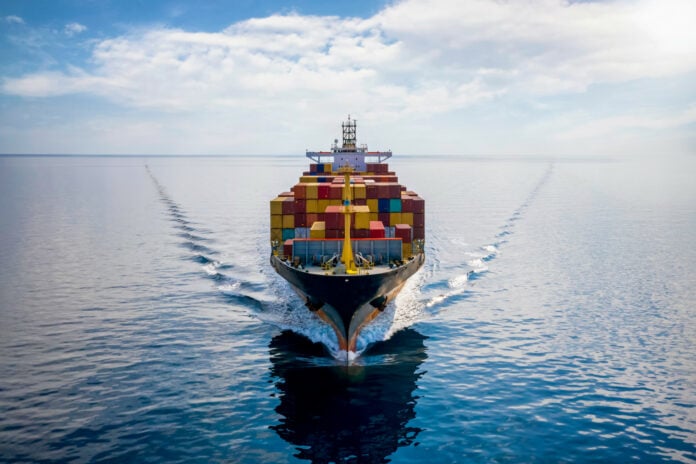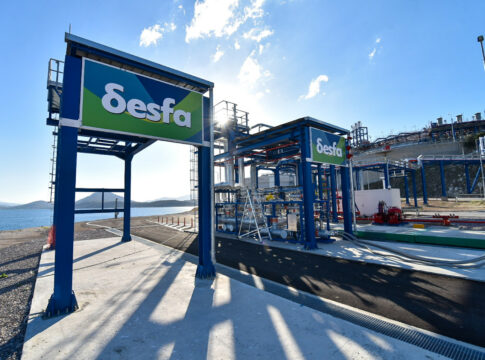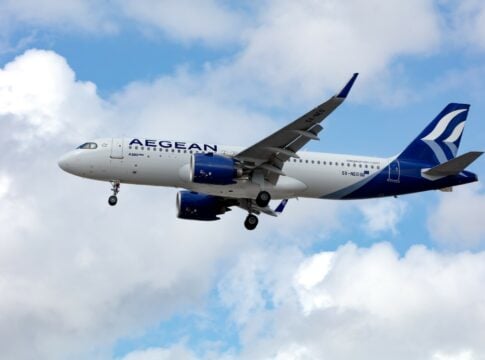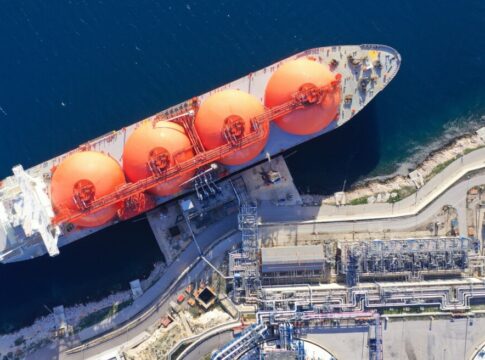Shipping companies and analysts are raising concerns over the viability of the alternative route around the southern tip of Africa that ships are recently following in order to avoid the Red Sea.
The main concern is the ability of Africa’s ports to respond to the surge in traffic and ship fueling needs.
Although the longest journey was made by container ships at the beginning of the unrest, now the situation affects all the main markets.
“Adapting to the new route – from the Cape of Good Hope – has caused a series of important challenges,” Kostas Delaportas, head of Meadway Shipping and Trading, a Greek shipping company with a fleet of bulk carriers, told “Naftemporiki.”
He explained that “shipping companies are facing a number of operational difficulties, related mainly to supply and access to ports in Africa.”
“These ports, often burdened by bureaucratic procedures and with limited facilities, tend to cause further travel delays, affecting the smooth flow of shipping operations,” Delaportas added.
Delays that come to be added to the 10-14 plus days it takes a ship, depending on its speed, to sail from the Cape of Good Hope to the Suez Canal.
“This increased traffic has created massive congestion at supply ports around Africa and is putting significant pressure on port infrastructure,” marine fuel supply officials told Reuters recently.
“South Africa will need more oil. It may not be fully prepared for a drastic increase in demand for refueling,” according to a recent analysis by S&P Global Commodity Insights.















